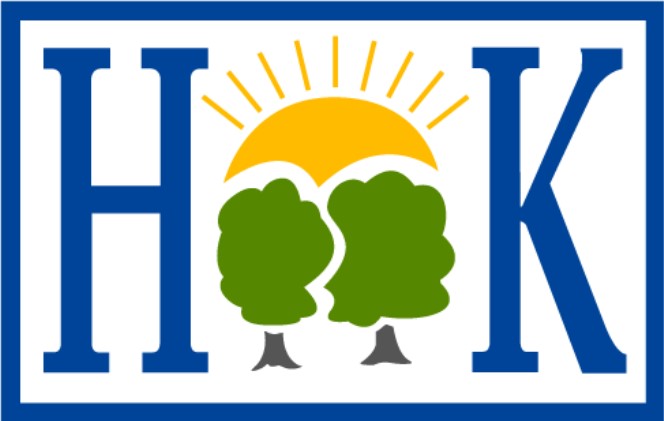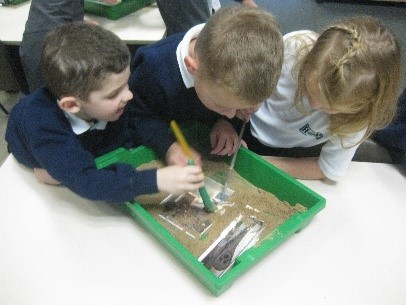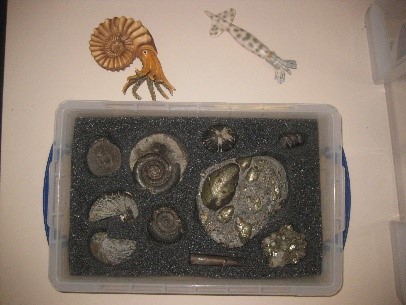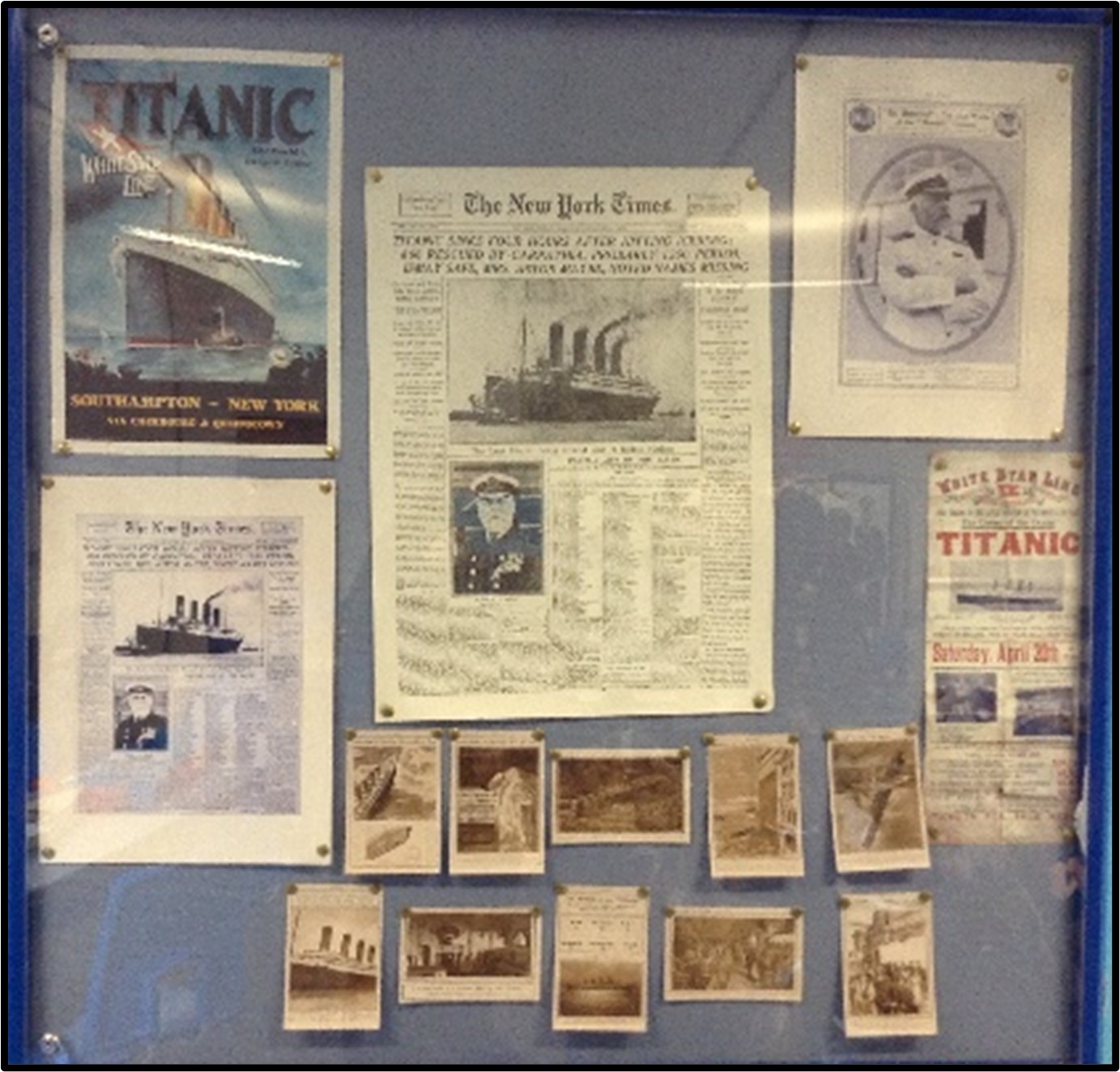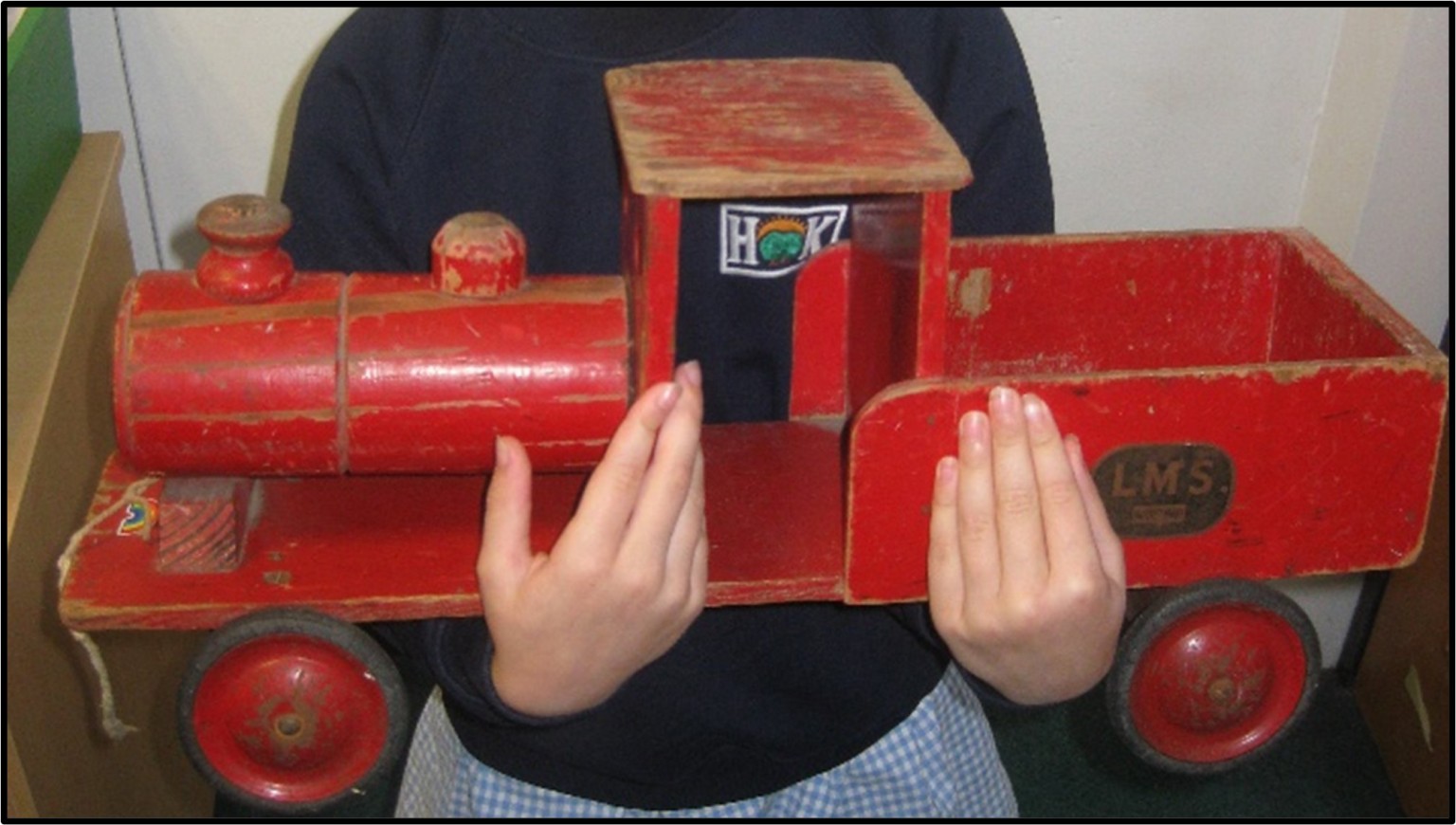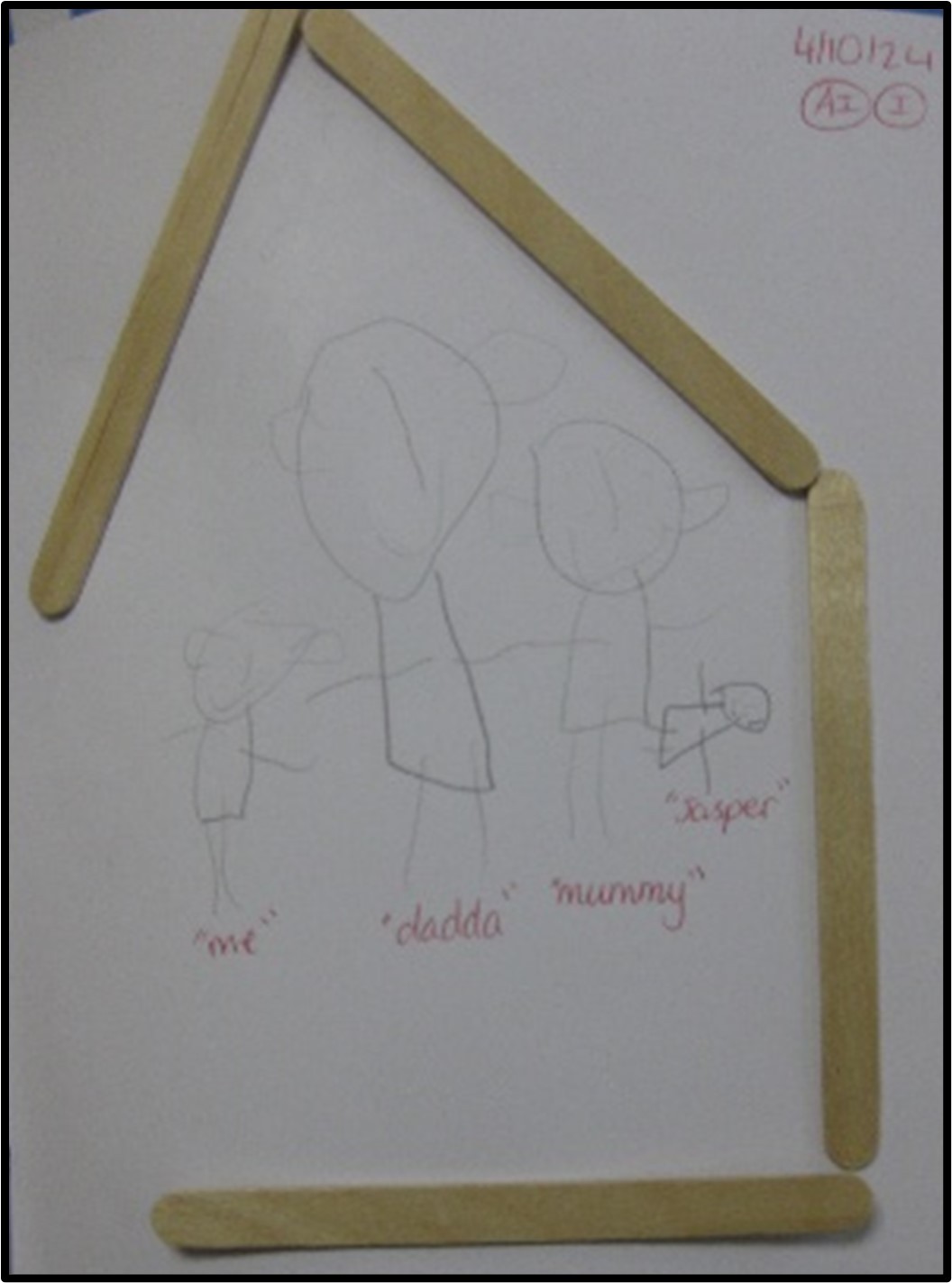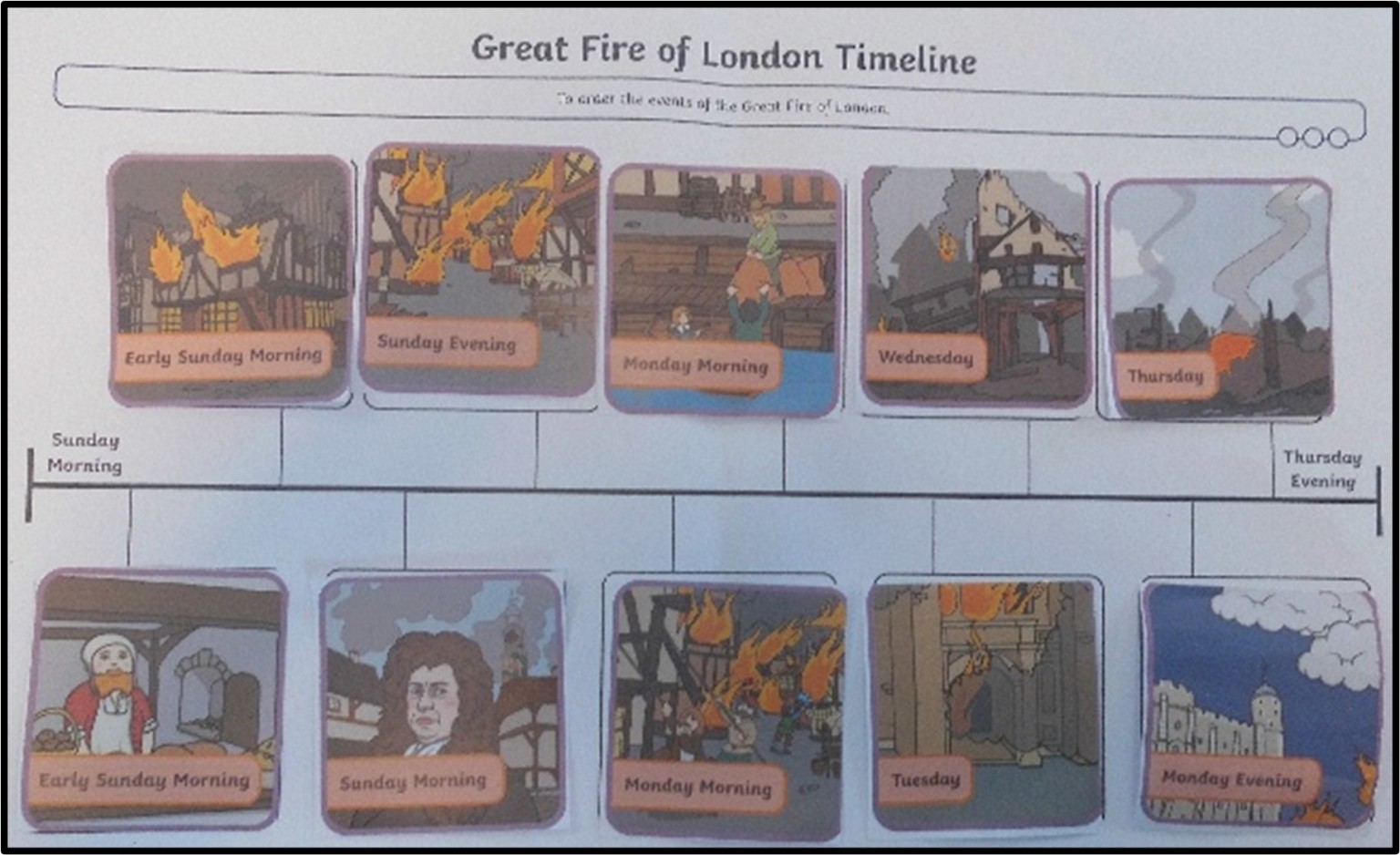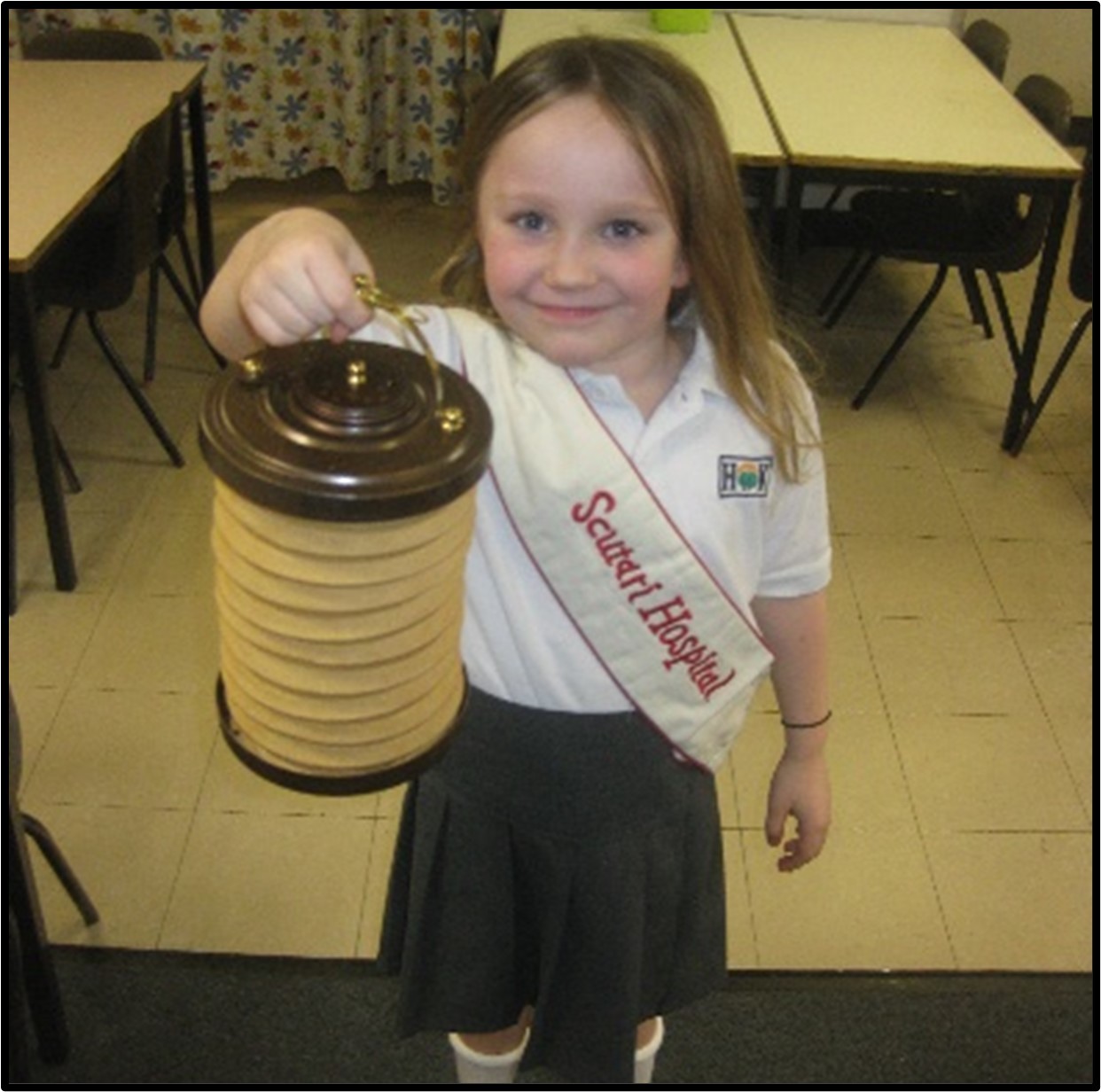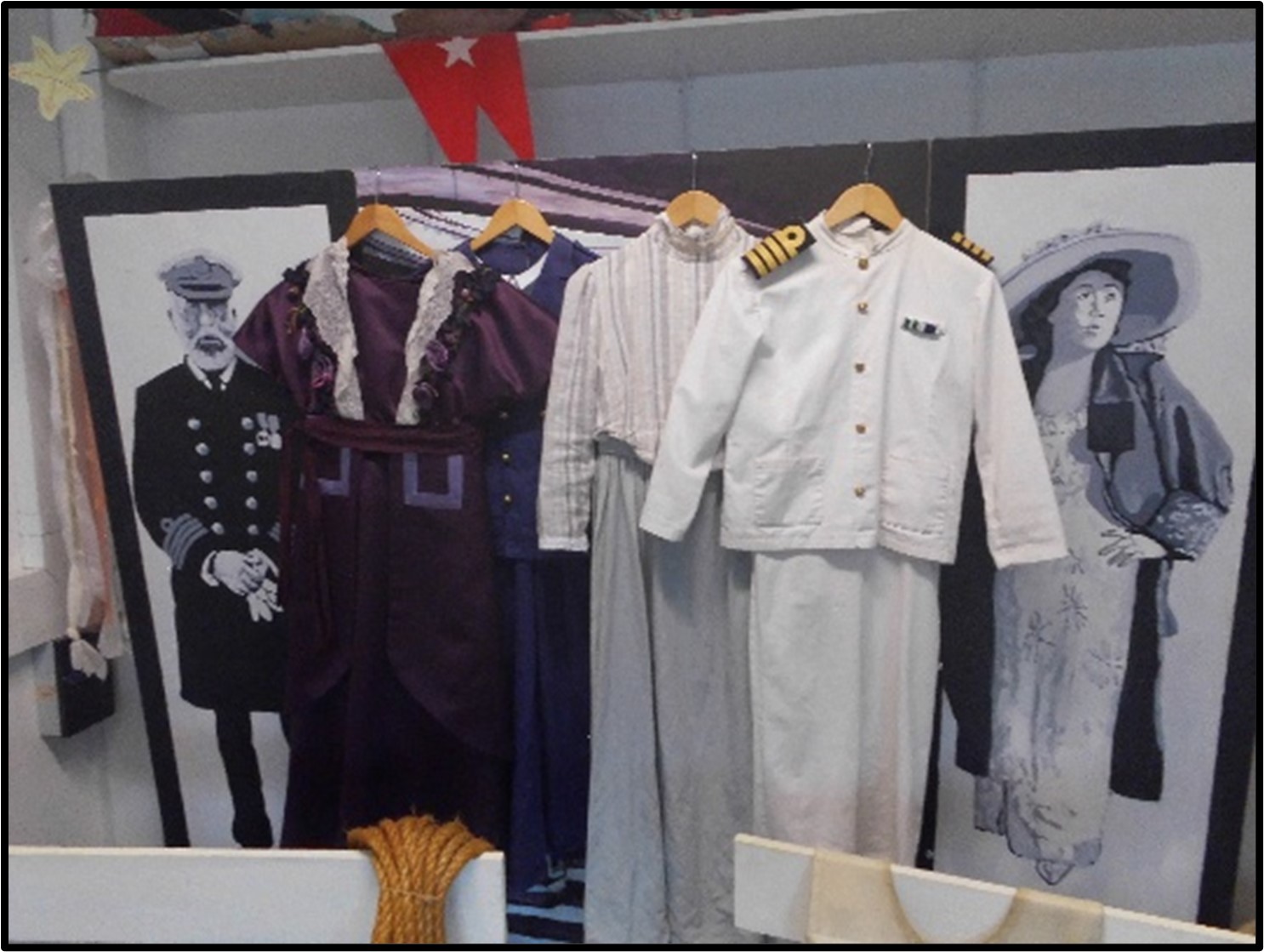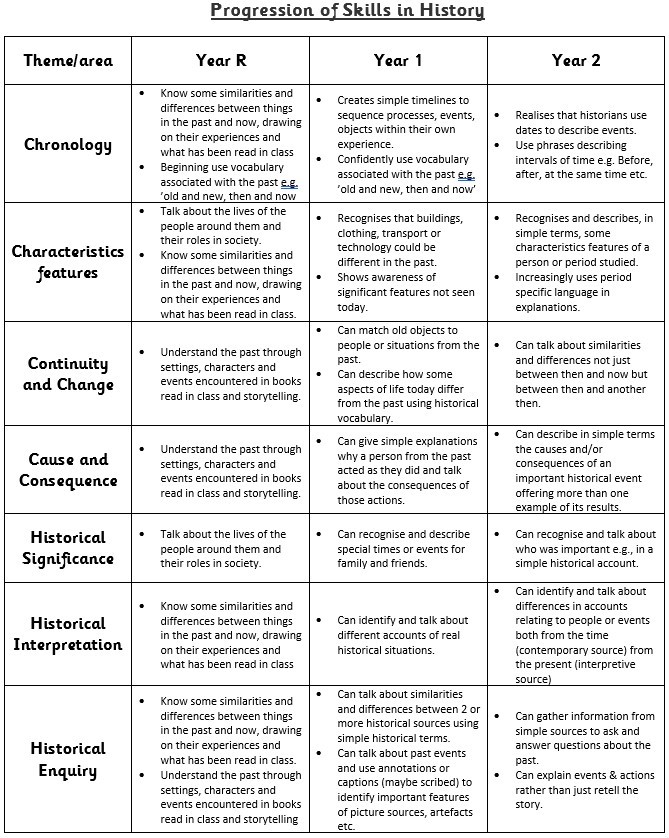At Hook Infant School we aim to develop our children’s curiosity and awareness about the past in our local area, nationally and internationally. We want them to gain a sense of their own identity and an increased understanding of their position within their own community and the wider world. Pupils will develop an understanding of the timeline of significant events and of people. Our children are encouraged to think about how the past has influenced the present, to build up a picture of what past societies were like and what beliefs and cultures may have influenced people’s actions. Through the use of first-hand experiences, artefacts, photographs and high-quality educational visits pupils develop questioning minds, a range of knowledge, historical terms and vocabulary, skills and abilities.
Sequences of history lessons are planned to build on and develop the children's knowledge, understanding and skills through an enquiry-based approach. This enables our children to investigate the past using their enquiry skills; collecting information; asking questions; using different sources; evaluating what they have discovered and to understand the impact of this.
In the Early Years Foundation Stage – People and Communities (Understanding of the World)
- Children talk about past and present events in their own lives and in the lives of family members.
In Key Stage 1 we study:
- Changes within living memory.
- Events beyond living memory that are significant nationally or globally.
- The lives of significant individuals from the past.
- Historical events, people and places within our own locality.
Key skills developed include:
- chronological awareness.
- ability to recognise characteristic features.
- ability to recognise continuity and change.
- ability to carry out an historical enquiry.
- ability to interpret sources.
- an awareness of historical significance.
Children are encouraged to:
- develop an awareness of the past.
- sequence events, pictures and artefacts in chronological order.
- interpret history by identifying different ways the past is represented.
- find out about the past by using different sources.
- communicate their knowledge in a variety of ways including computing for information retrieval and written reports etc.
- use a wide range of vocabulary of everyday historical terms.
- ask and answer questions.
